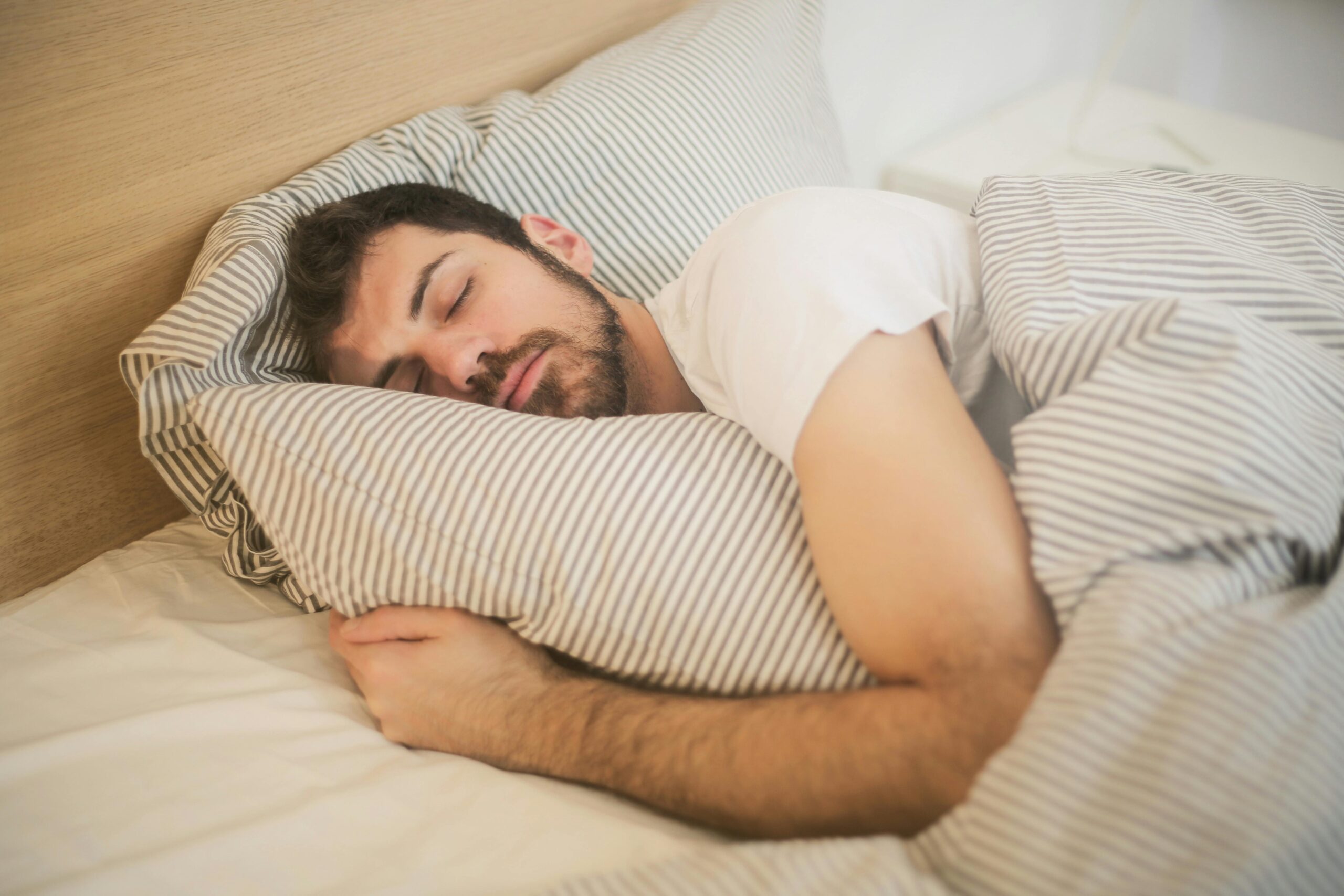The Importance of Sleep for Overall Health: A Comprehensive Guide
In today’s fast-paced world, sleep is often sacrificed in the pursuit of productivity, entertainment, or social obligations. However, this seemingly passive activity is one of the most critical pillars of overall health and well-being. Understanding the importance of sleep and its profound effects on the body and mind is essential for leading a healthy, balanced life.
What Is Sleep and Why Does It Matter?
Sleep is a natural, recurring state of rest characterized by altered consciousness, reduced sensory activity, and inhibition of voluntary muscles. It is not merely a period of inactivity but a vital process that supports physical, mental, and emotional health. During sleep, the body undergoes various restorative processes, including tissue repair, muscle growth, and hormone regulation. The brain consolidates memories, processes information, and detoxifies harmful waste products.
The Stages of Sleep
Sleep occurs in cycles, typically lasting 90 minutes, and is divided into two main types:
- Non-Rapid Eye Movement (NREM) Sleep:
- Stage 1: Light sleep; transition from wakefulness to sleep.
- Stage 2: Deeper relaxation; heart rate and temperature drop.
- Stage 3: Deep sleep; crucial for physical recovery and immune function.
- Rapid Eye Movement (REM) Sleep:
- Dreaming stage; brain activity increases.
- Important for learning, memory, and emotional regulation.
Physical Health Benefits of Sleep
- Strengthens the Immune System
- Adequate sleep enhances immune defense, making the body more effective in fighting infections and illnesses.
- Supports Heart Health
- Sleep helps regulate blood pressure and heart rate, reducing the risk of cardiovascular diseases such as hypertension, heart attack, and stroke.
- Regulates Metabolism and Weight
- Sleep influences hormones like leptin and ghrelin, which control hunger and appetite. Poor sleep is linked to weight gain and obesity.
- Promotes Cellular Repair and Growth
- During deep sleep, the body repairs tissues, regenerates cells, and builds bone and muscle.
- Enhances Physical Performance
- Athletes and physically active individuals benefit from better coordination, faster reflexes, and increased endurance with adequate sleep.
Mental and Emotional Health Benefits of Sleep
- Improves Cognitive Function
- Sleep enhances memory, attention, problem-solving skills, and decision-making.
- Reduces Stress and Anxiety
- Quality sleep helps manage stress hormones like cortisol, promoting emotional stability.
- Boosts Mood and Mental Clarity
- Insufficient sleep is associated with mood disorders like depression and irritability.
- Supports Brain Detoxification
- During sleep, the brain clears out toxins through the glymphatic system, reducing the risk of neurodegenerative diseases.
Consequences of Sleep Deprivation
Chronic sleep deprivation can have severe consequences on health and quality of life:
- Weakened Immunity
- Increased Risk of Chronic Conditions: Including diabetes, obesity, heart disease, and stroke.
- Mental Health Issues: Depression, anxiety, and cognitive decline.
- Poor Academic and Work Performance: Reduced concentration, memory, and decision-making.
- Accidents and Injuries: Increased likelihood of workplace and road accidents due to drowsiness.
Recommended Sleep Duration by Age
- Newborns (0–3 months): 14–17 hours
- Infants (4–11 months): 12–15 hours
- Toddlers (1–2 years): 11–14 hours
- Preschoolers (3–5 years): 10–13 hours
- School-age Children (6–13 years): 9–11 hours
- Teenagers (14–17 years): 8–10 hours
- Adults (18–64 years): 7–9 hours
- Older Adults (65+ years): 7–8 hours
Tips for Better Sleep Hygiene
- Maintain a Consistent Sleep Schedule
- Go to bed and wake up at the same time every day, even on weekends.
- Create a Relaxing Bedtime Routine
- Engage in calming activities like reading, meditation, or a warm bath before sleep.
- Optimize Your Sleep Environment
- Keep the bedroom cool, dark, and quiet. Use blackout curtains and white noise machines if necessary.
- Limit Exposure to Screens
- Avoid phones, tablets, and computers at least an hour before bed due to blue light interference with melatonin production.
- Avoid Stimulants and Heavy Meals
- Limit caffeine, nicotine, and alcohol. Avoid large meals close to bedtime.
- Exercise Regularly
- Physical activity can promote better sleep, but avoid intense workouts right before bed.
Common Sleep Disorders
- Insomnia: Difficulty falling or staying asleep.
- Sleep Apnea: Breathing interruptions during sleep.
- Restless Legs Syndrome (RLS): Uncomfortable sensations in the legs with an urge to move them.
- Narcolepsy: Sudden episodes of sleep during the day.
- Circadian Rhythm Disorders: Disruptions in the natural sleep-wake cycle.
If you suspect a sleep disorder, consult a healthcare provider for diagnosis and treatment.
The Role of Sleep in Longevity
Numerous studies have linked healthy sleep patterns to increased lifespan. People who consistently get quality sleep tend to live longer and are less likely to suffer from chronic diseases. Good sleep habits are as important as a healthy diet and regular exercise in promoting longevity.
SEO Keywords to Target
For search engine optimization, this article naturally incorporates the following keywords:
- Importance of sleep
- Benefits of sleep
- Effects of sleep deprivation
- How much sleep do you need
- Sleep and mental health
- Tips for better sleep
- Sleep hygiene
- Sleep and physical health
Conclusion
Sleep is not a luxury but a fundamental necessity for a healthy life. It affects nearly every system in the body, from the brain to the immune system to the heart. Prioritizing sleep through good habits, awareness, and professional help when needed can significantly enhance your physical health, mental clarity, and emotional resilience. So tonight, choose rest — your mind and body will thank you.
